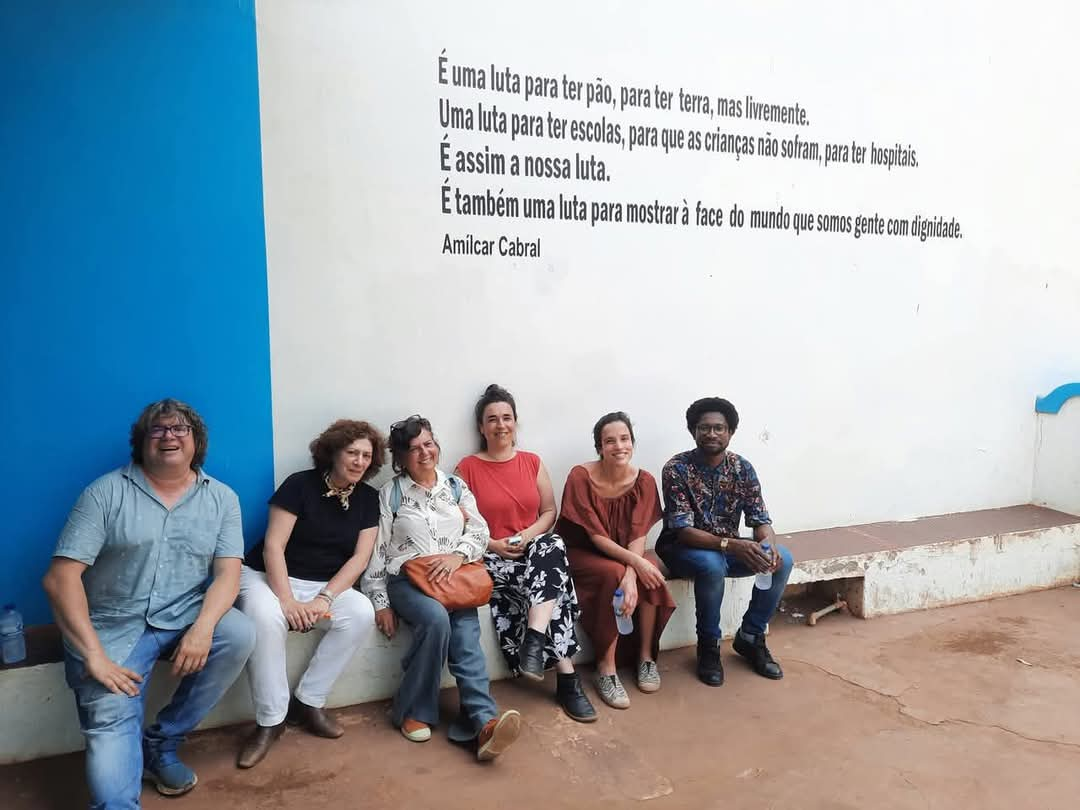A research agenda towards the critical assessment of processes of memorialisation and heritagization of histories of violence in post-violence and post-authoritarian contexts is the proposal of the scientific article just published in the International Journal of Heritage Studies journal, authored by Ruy Llera Blanes (CRIA – Iscte / IN2PAST) et al. The paper is one of the outputs of project ‘Landscapes of Terror, Violence and Forensic Heritages in the Postcolonial Lusophone space’, funded by IN2PAST in its first call for funding of exploratory projects, in 2022.
With the title ‘Forensic heritage. A research agenda on the material and expressive processes of the public memorialisation of violence in post-authoritarian contexts’, the article reflects the results of an interdisciplinary collective brainstorm experiment, held in Guinea-Bissau as part of the exploratory project, between sociologists, anthropologists, archaeologists, museum specialists and historians, some of whom with extensive knowledge of the country.
The team suggests the introduction of a ‘forensic methodology’ that enables the unveiling of the multilayered processes of heritage formation, and the exploration of the epistemological consequences of such processes. In addition to Ruy, authors of this paper are IN2PAST researchers Fátima Moura Ferreira and Francisco Azevedo Mendes (Lab2PT – University of Minho), Maria Cardeira da Silva and Marta Prista (CRIA – NOVA FCSH), Pedro Aires Oliveira, Victor Barros and Xurxo Ayán Vila (IHC – NOVA FCSH), as well as Ana Temudo (Universidade Católica Portuguesa), Sara Simões (Uniarq – Centre for Archaeology, University of Lisbon) and sociologist Miguel de Barros (executive director of NGO Tiniguena).
The article was received on April 15th, 2024, accepted on April 15th, 2025 and published online on April 29th, 2025.
Blanes, R. L. et al (2025). Forensic heritage. A research agenda on the material and expressive processes of the public memorialisation of violence in post-authoritarian contexts. International Journal of Heritage Studies, 1–25.

Part of the authorial team at Casa dos Direitos (‘House of Rights’), Bissau’s first police station/prison, currently a meeting place for the realisation of human rights, in 2023: (left to right) Xurxo Ayán Vila, Fátima Moura Ferreira, Maria Cardeira da Silva, Marta Prista, Ana Temudo and Victor Barros.